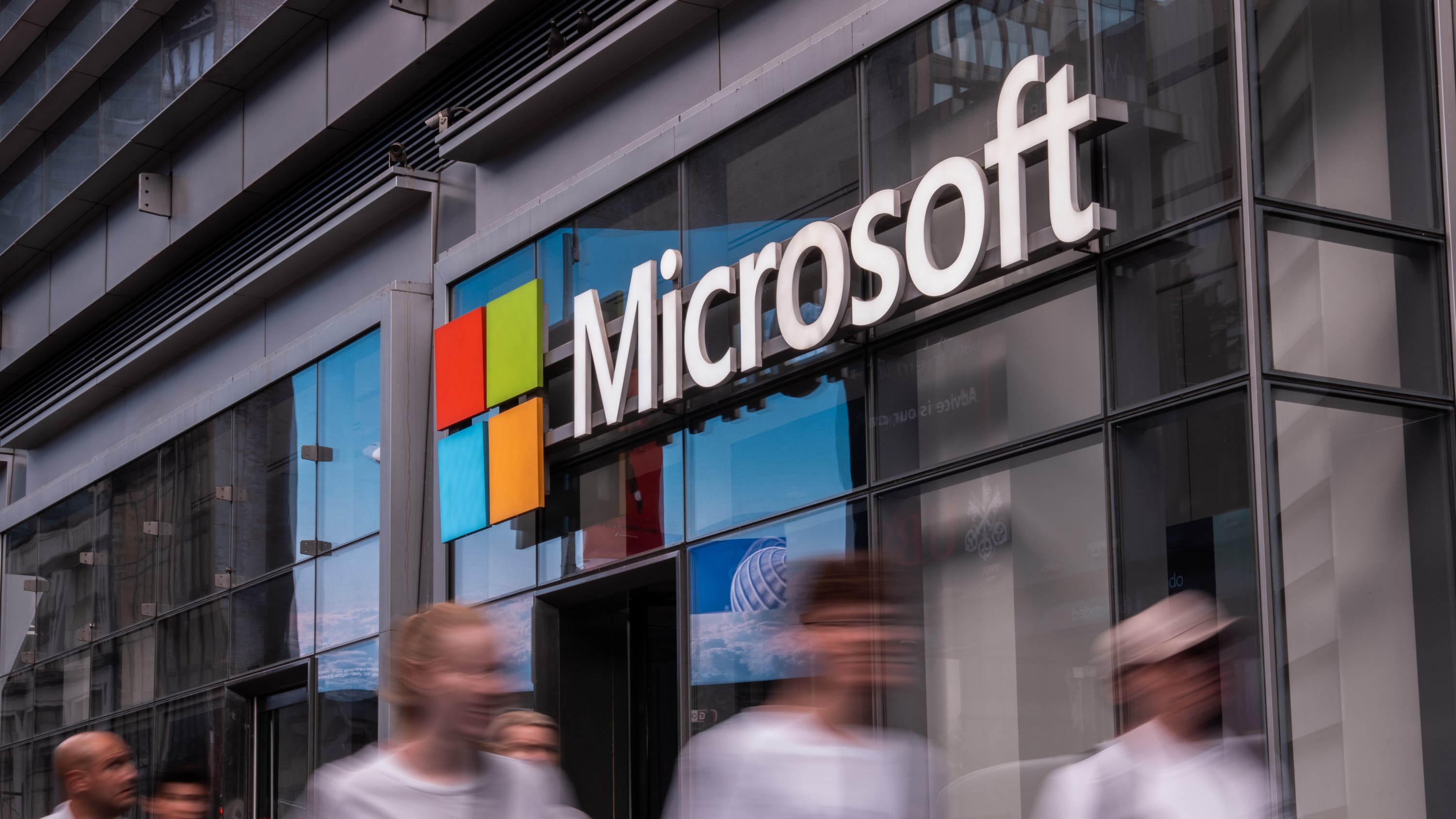Microsoft is reportedly being less than truthful about its OpenAI dealings — hiding a $4.7 billion loss under "other expenses"
Microsoft seemingly hasn’t been fully transparent about reported losses and its multi-billion-dollar investment in the ChatGPT maker.

All the latest news, reviews, and guides for Windows and Xbox diehards.
You are now subscribed
Your newsletter sign-up was successful
Over the past few years, Microsoft has undoubtedly doubled down on its efforts on the generative AI front. Following its multi-billion-dollar partnership with OpenAI, the software giant has heavily integrated the next-gen technology across its products and services.
While Microsoft CEO Satya Nadella admits that Bill Gates' software factory vision helped turn the company into a trillion-dollar enterprise, the executive recently indicated that it was time to move on from this — transitioning focus to intelligence, integration, and AI.
However, Microsoft's efforts in the AI landscape have faced backlash and criticism from tech leaders, including Salesforce CEO Marc Benioff, who suggested that Copilot is just Microsoft's new Clippy and said that it doesn't deliver value. He even branded Microsoft as a ChatGPT reseller.
Similarly, investors have already raised concerns about Microsoft's spending on AI projects with little profit returns amid claims that the technology might be just a passing fad.
And as it now seems, Microsoft is trying to keep its dealings, especially pertaining to its spending and losses on OpenAI, under wraps. Per its latest annual report for the fiscal year ending June 30, the tech giant listed a $4.7 billion item under “other, net” expenses.
For context, items listed under this category often represent “net recognized losses on equity method investments,” which also includes its dealings with OpenAI. Perhaps more concerningly, the tech giant didn't mention OpenAI when specifically talking about this item (via The Wall Street Journal).
As highlighted by Tom's Hardware, the US GAAP (Generally Accepted Accounting Principles (GAAP) dictates that the equity method should be applied when a company has significant power over another, usually anywhere between 20-50% stake.
All the latest news, reviews, and guides for Windows and Xbox diehards.
If the partnership falls under this category, this will require the company to share intricate details about its dealings, including material related-party transactions, as should be the case for the Microsoft-OpenAI partnership.
While OpenAI is struggling to evolve into a for-profit venture amid investor pressure to avoid outsider interference and hostile takeovers, Microsoft holds up to a 49% stake in OpenAI, which translates to approximately $100 billion after its recent round of funding that pushed its market capitalization to $500 billion.
But this wasn't reflected in Microsoft's June 20 financial report, which only reported less than $6 billion in total equity-method investments across its balance sheet — same as last year. This could either mean that OpenAI losses might have wiped out Microsoft's carrying amount, or maybe its multi-billion-dollar investment hasn't been acknowledged as invested capital in the company's accounts.
However, the former seems more likely that OpenAI's losses might have potentially wiped out Microsoft's carrying value. That said, this is purely speculation, but it leaves Microsoft investors in limbo, not knowing whether the company is bleeding money into OpenAI with no clear profitable path.
Last year, a damning report highlighted Microsoft's struggles with Copilot, referring to the company's AI tools as "gimmicky" due to privacy and security issues. According to a Microsoft employee:
"There's a gap between the ambitious vision and what users are actually experiencing. Internally, we're calling it growing pains. We are building the plane as we fly it."
Another Microsoft employee highlighted a flaw in the company's Copilot branding strategy:
"There is a delusion on our marketing side where literally everything has been renamed to have Copilot it in. Everything is Copilot. Nothing else matters. They want a Copilot tie-in for everything."
Though Copilot and ChatGPT are based on the same AI technology, OpenAI's offering seems far more popular among users. Microsoft revealed that the top complaint from users to its AI division is that Copilot isn't as "good" as ChatGPT. However, Microsoft indicated that users aren't using it as intended — shifting blame to a lack of proper prompt engineering skills.
Microsoft is set to release its financial report for Q1 earnings on October 29, 2025. It'll be interesting to see if the company will post similar results under its other expenses category, especially after it just signed a new definitive agreement, evolving its partnership with OpenAI.

Follow Windows Central on Google News to keep our latest news, insights, and features at the top of your feeds!

Kevin Okemwa is a seasoned tech journalist based in Nairobi, Kenya with lots of experience covering the latest trends and developments in the industry at Windows Central. With a passion for innovation and a keen eye for detail, he has written for leading publications such as OnMSFT, MakeUseOf, and Windows Report, providing insightful analysis and breaking news on everything revolving around the Microsoft ecosystem. While AFK and not busy following the ever-emerging trends in tech, you can find him exploring the world or listening to music.
You must confirm your public display name before commenting
Please logout and then login again, you will then be prompted to enter your display name.
